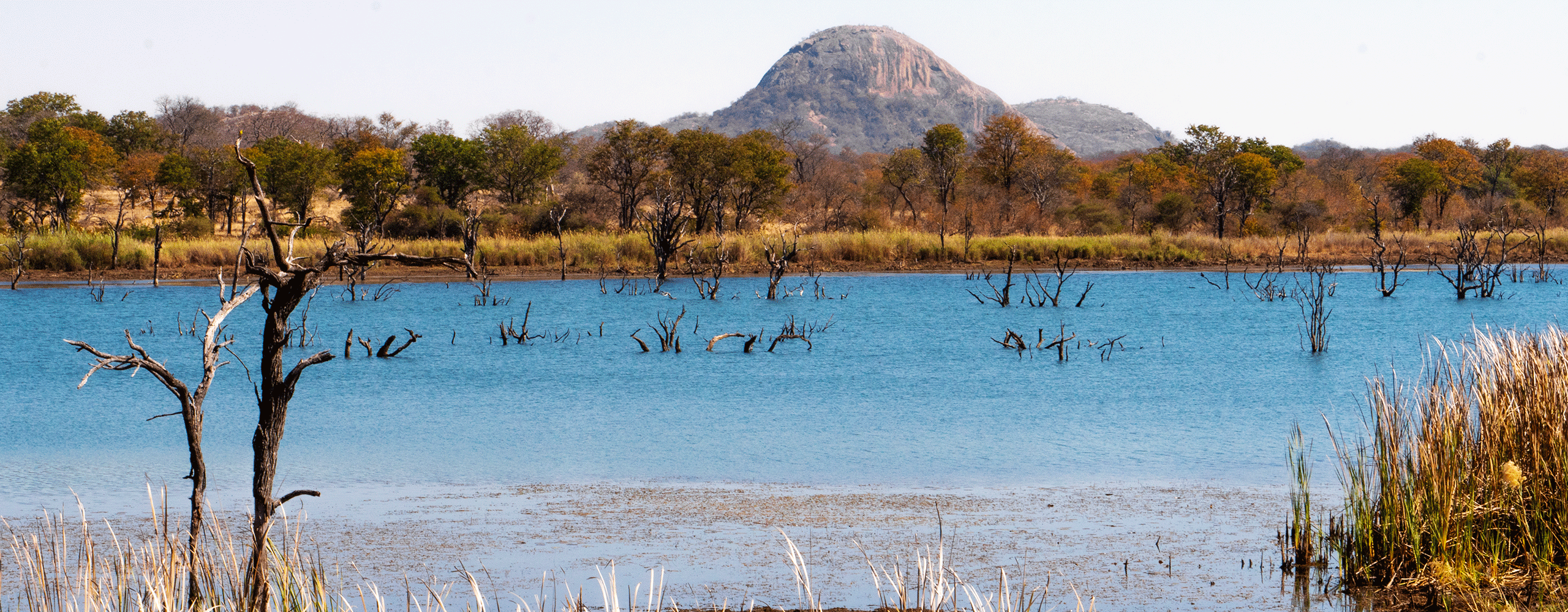When booking a hunting trip, it is advisable to plan two years in advance as highly sought-after areas and prime species are often booked early. To confirm a hunting reservation, a 50% deposit of the hunt day rate must be received by Pete. This deposit will confirm the dates of the hunt, camp, and species.
The remaining balance of the hunt day rates should be wired at least 30 days before the safari commences. The balance of the hunt, including trophy fees and observer fees, can be wired after the completion of the hunt. All payments should be routed through Tracy, who is based in the United States. For further information, please refer to her email tracyangelidakis@aol.com or cell phone 925 339 2375.
A typical hunting day begins with an early wake-up while it is still dark, followed by coffee and breakfast, and then heading out at first light. The truck is stocked with sandwiches, fruit, and drinks. Returning to camp around midday for lunch and a siesta, the hunt resumes at 2 – 3 pm and continues until dark. Occasionally, a packed lunch is taken to stay out all day. As trophies are taken, they are delivered to the skinning shed and attended to by expert skinners. We provide tags for every trophy.
Upon the completion of the safari, and once all hides are dry, they are delivered to T.C.I. (Trophy Consultants International) for dip/packing, shipping, or taxidermy. Further details can be found at http://www.tci.co.zw/.
CLIMATE / WEATHER
Zimbabwe benefits from an agreeable climate, characterized by a rainy season that spans from late November to March, leaving the rest of the year dry. During the coldest months of June and July, temperatures range from 37 degrees Fahrenheit in the early mornings to 90 degrees midday. From May to August, normal temperatures go from 60 degrees F to 90 degrees, while the warmest month, October, sees temperatures ranging from 65 to 100 degrees. Hunting season typically runs from April to November, with the early season from April to July featuring trees still retaining most of their leaves, and the late season from August to November with most trees bare.
PACKING LIST
The following is a comprehensive list of items that you may find useful during your hunting expedition. It is advisable to bring along three sets of hunting clothes as laundry is done daily. Clothing that blends into the surroundings such as dark green, khaki, or camouflage is recommended.
However, it is essential to note that military camouflage or light-colored clothing should not be included in your packing list.
It is advisable to bring a warm jacket, gloves, and a beanie for winter hunting (mid-May to end July), especially if sitting on the back of an open hunting truck. During this period, it is typical for most PHs to hunt in short-sleeved shirts and shorts.
A good set of boots is also required, preferably those that do not produce noise when stalking. A set of gators is highly recommended to prevent grass seeds and sand from penetrating your boots. Additionally, a good flashlight, preferably with rechargeable batteries, should be included in your packing list. Sunscreen and shampoo are other essential items to bring along.
Binoculars and a camera should also be included, especially if you are hunting cats. It is advisable to bring out AA batteries to help with the trail cameras as each bait site will have a camera.
Insects, including mosquitoes, are not a major problem in our areas, and there are no tsetse flies. However, it is recommended that you bring along tick repellent to spray on your clothes and yourself. Furthermore, it is advisable to have a course of doxycycline antibiotics on hand in case of tick-bite fever. It is not necessary to take malaria prophylactics in our areas.
Cash is an essential item to bring along for any camp and hunting staff gratuities. However, it is advised not to bring cash to pay for your safari, unless declared at the airport.
If you plan to hunt during the rainy season (December to March), bringing a raincoat is advisable.
Some of our areas have excellent fishing spots, and we can supply the necessary fishing tackle. Electrical appliances should be considered, as our electricity is 220 – 240 volts, and you may need inverters. However, every camp has a generator/solar for power.
FILMING YOUR SAFARI
If you would like to film your safari professionally, we highly recommend Osprey Filming Company. They have been working with Pete for decades and will put together an excellent edited film of your entire safari, allowing you to relive the experience with family and friends. It is important to note that they never interfere with the actual hunt.
https://ospreyfilming.com/

